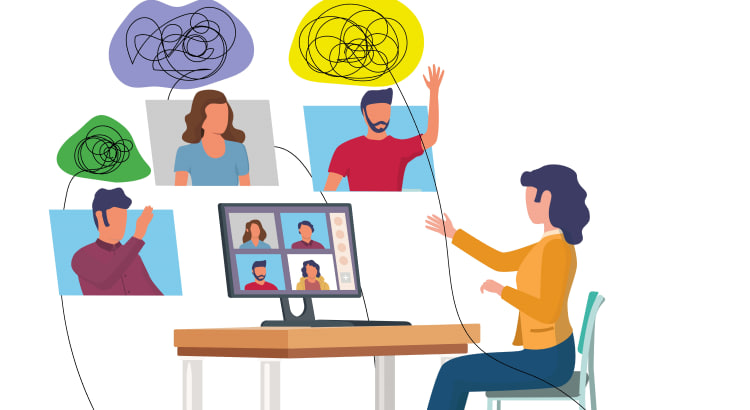The main differences between supervision and intervision
Supervision – from lat. supervidere, view from above.
Intervision – from lat. inter – between, visio – vision (vision between).

Supervision and intervision are similar in many ways. These are formats in which specialists are trained in order to improve skills, increase the level of self-analysis, expand knowledge, and also get help in various situations of psychological practice that cause difficulties.
The difference between supervision and intervision is that supervision is carried out by a specialist of a higher rank. Here, vertical, hierarchical interaction takes place: supervisor-group or supervisor-individual supervisor, and in intervision this interaction takes place on a horizontal basis, between colleagues of equal status. Intervision is an “intercollegial” or “intercollegial” method of working in a group of professionals involved in counseling, therapy or treatment of clients, and is also a space for communication, exchange of experience, professional support and growth.
In intervision, the most important aspect is that group members are jointly responsible for the content of the sessions; positions in the intervision group are equal. The supervision group is a unique place where you can try yourself in different roles: be a speaker, an observer, ask for help, support, feedback, bring up a work case for discussion, share your feelings, experience, and even volunteer as a leader; The leaders in the inspection group change and are selected from the participants in the process themselves. If a therapist does not supervise/internize for a long time, he runs the risk of “getting bogged down in his countertransference,” that is, he may engage in some kind of unconscious game with his client, may experience excessive emotions towards his client, and therefore lose his working therapeutic position. No matter how prepared a psychotherapist is, and no matter how extensive his practice, he still remains a person with his own unconscious, which he cannot fully understand. By engaging in intensive contact with the patient, the therapist may, to one degree or another, lose his objectivity. This is a normal process, and this is precisely the purpose that supervision and intervision serve.
Leave a Reply